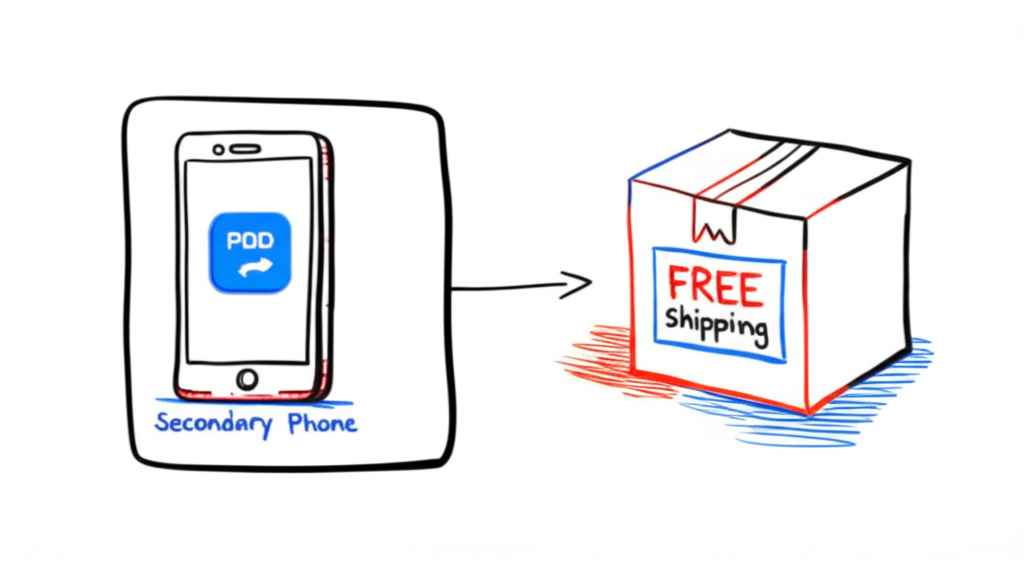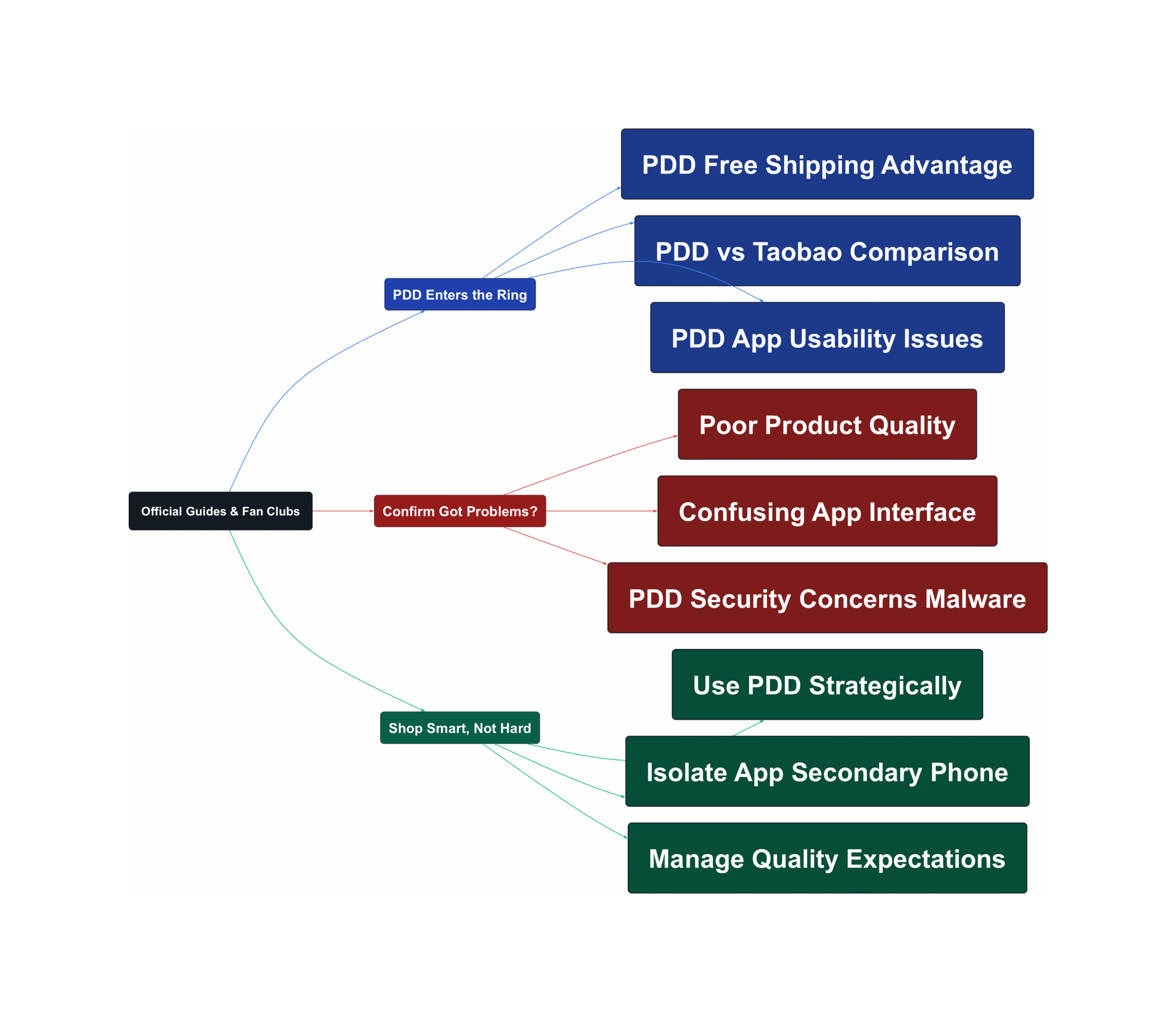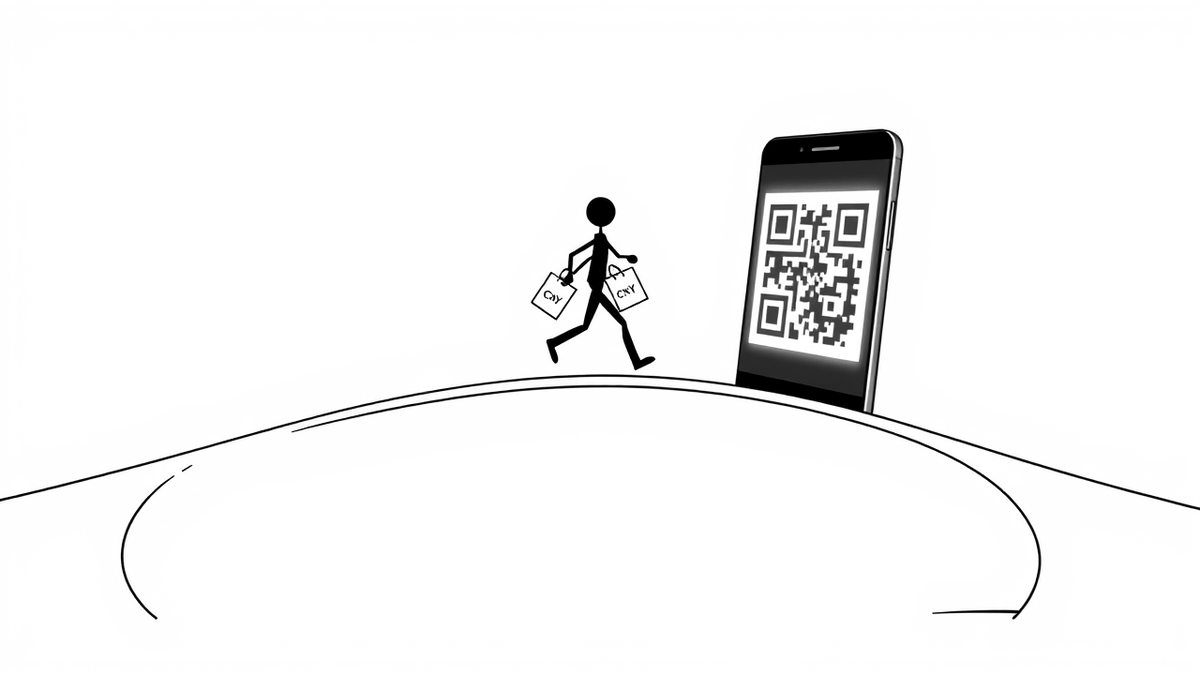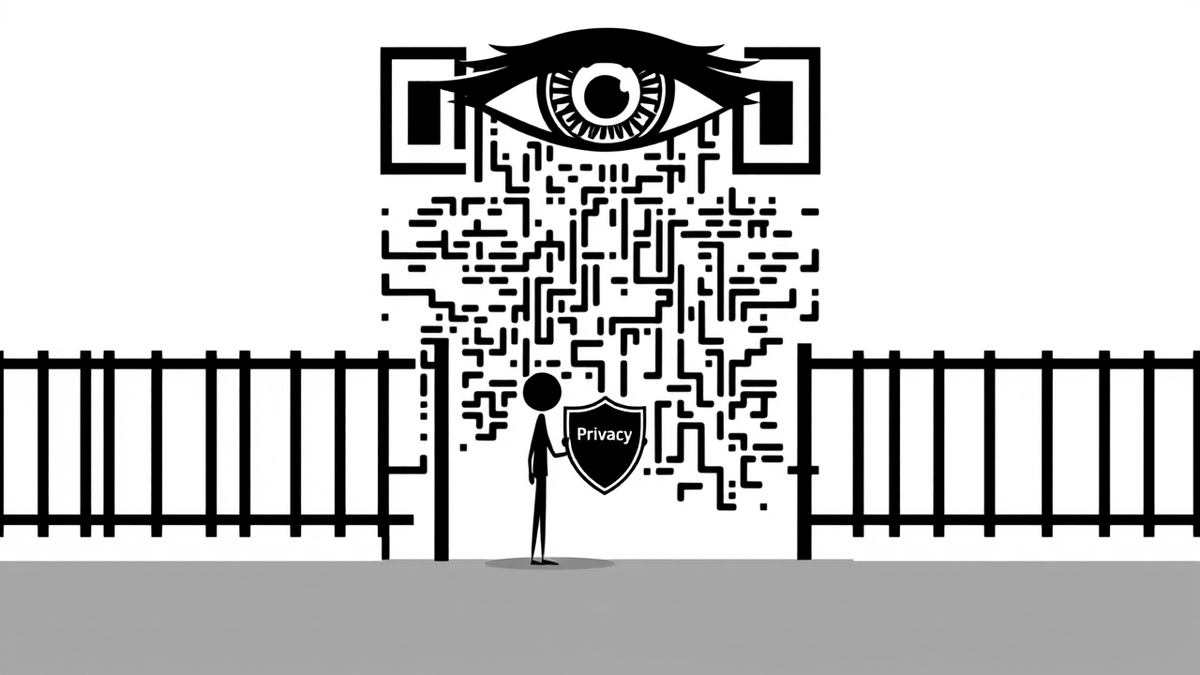Eh, always hunting for the best lobang online, right? Trying to save a few bucks here and there feels like a national sport in Singapore, maybe even more important than queuing for the best char kway teow. We all know and love (or sometimes curse) Taobao for years. But now, there’s a new kid on the block making noise – Pinduoduo, or PDD. You might have seen their ads or heard friends talking about super cheap deals. But the big question is: is PDD really worth the hype for us Singaporeans, or is it just another way to kena sai and waste money?
PDD Enters the Ring
So, what’s the deal with PDD right now? It’s definitely catching attention among Singaporean online shoppers, mainly because the prices look damn attractive, sometimes even lower than Taobao. Forum discussions show a mix of curiosity and actual usage.
- Free Shipping is a Major Pull
One big advantage users point out is free shipping on certain items, especially bulky ones where Taobao might charge quite a bit. This can make a significant difference in the final cost.
“I bought a dry cabinet from pdd because it has free shipping when taobao don’t have. So there are some use case for pdd like this”
- Niche Buys and Specific Use Cases
While not everyone is switching over completely, some shoppers find PDD useful for specific purchases where the cost savings are substantial, even if they stick to Taobao for other things. It’s about finding those specific deals where PDD shines.
- The PDD/Temu Connection
Adding to the mix, there’s some confusion because PDD operates internationally under a different name, Temu, which is the app available on platforms like the Google Play Store for Singapore users. Knowing this helps find the right platform.
“Othet name is temu app in playstore”
Confirm Got Problems?
Okay lah, cheap things often come with strings attached. While the low prices are tempting, HardwareZone users are quick to point out the downsides and potential headaches when dealing with PDD. It’s not all smooth sailing, and some experiences sound quite frustrating.
- App Interface Can Be Leceh
Navigating the PDD app isn’t always straightforward. Users report a confusing system without a standard shopping cart, and unclear options like ‘Buy Now’ versus ‘Group Buy’, which can be particularly challenging if your Chinese isn’t strong. This makes the shopping experience feel more difficult than it needs to be.
“dunno how to use PDD app. they don’t seem to have a cart system where you can add stuffs to cart first. and there are 2 types of purchasing prices to click/pay: ‘Buy Now’ and ‘Group Buy’ which is convoluting for ppl weak in Chinese. don’t bother la.”
- Quality Can Be Hit-or-Miss (Mostly Miss?)
This is a big one. While you might find a gem, many users report receiving items that are poor quality, sometimes described as “sai qualify” or “crap”. Some purchases end up going straight into the rubbish bin, making the initial savings pointless. Think pasar malam quality, but you can’t even touch it first.
“But I also got some sai qualify items from there that went straight to rubbish bin. Bought those mobile fan. Cheaper than TB but went straight to bin.”
“Too many fake and CMI products i remember”
- Serious Security Concerns
Perhaps the most worrying issue is security. News reports surfaced about malware being found in versions of the Pinduoduo app, leading Google to suspend it previously. This has understandably made many Singaporean users wary, with some deleting the app entirely or taking precautions.
“i deleted PDD when news said got malware. Google has suspended PDD Holdings’ main Chinese shopping app Pinduoduoafter discovering malware in unsanctioned versions of the software.”
Shop Smart, Not Hard
So, given the potential pitfalls, how can Singaporeans navigate PDD without getting burned? It’s not about avoiding it entirely, but more about being strategic and careful. Think of it like navigating the MRT during peak hour – you need a plan.
- Be Selective About What You Buy
Don’t just buy everything from PDD because it’s cheap. Focus on items where the savings, especially from free shipping on bulky goods, genuinely outweigh the potential quality risks. For reliable goods or items where quality is crucial, maybe stick with trusted sellers on Taobao or local options.
“So there are some use case for pdd like this” (referencing the dry cabinet with free shipping)
- Protect Your Data: Safety First!
Given the malware concerns, take precautions. Avoid installing the app on your primary phone, especially if it contains sensitive information like banking apps or Singpass. Using a secondary, less critical device is a smart move many forum users suggest.
“I have it in my second phone… With all my banking apps…” (Implied sarcasm, highlighting the risk and the user’s mitigation strategy of using a second phone, though keeping banking apps there is questionable advice – better to keep sensitive apps off the PDD phone entirely!)
- Manage Your Expectations (Confirm Plus Chop!)
If you’re paying $2-$3 for something that normally costs $5-$10 elsewhere, don’t expect premium quality. Understand that ultra-low prices often correlate with lower manufacturing standards. Be mentally prepared that some items might not meet expectations or last long. If it sounds too good to be true, it probably is.
“TB selling $5 – 10 sgd per mat. Pdd was $2-3” (Context: These mats were described as ‘crap’, indicating the price difference reflected quality).
So, is PDD a good lobang or just asking for trouble? Like choosing between hawker stalls, the answer isn’t always simple. PDD *can* offer genuine savings, especially with free shipping on certain items. However, you need to weigh this against confusing usability, inconsistent product quality, and serious security concerns. It requires a more cautious approach than your usual Taobao spree. Shop smart, be aware of the risks, maybe use that old spare phone, and hopefully, you’ll snag a deal without ending up with a pile of junk. Happy (and safe) shopping!


Read the original discussions on HardwareZone:



